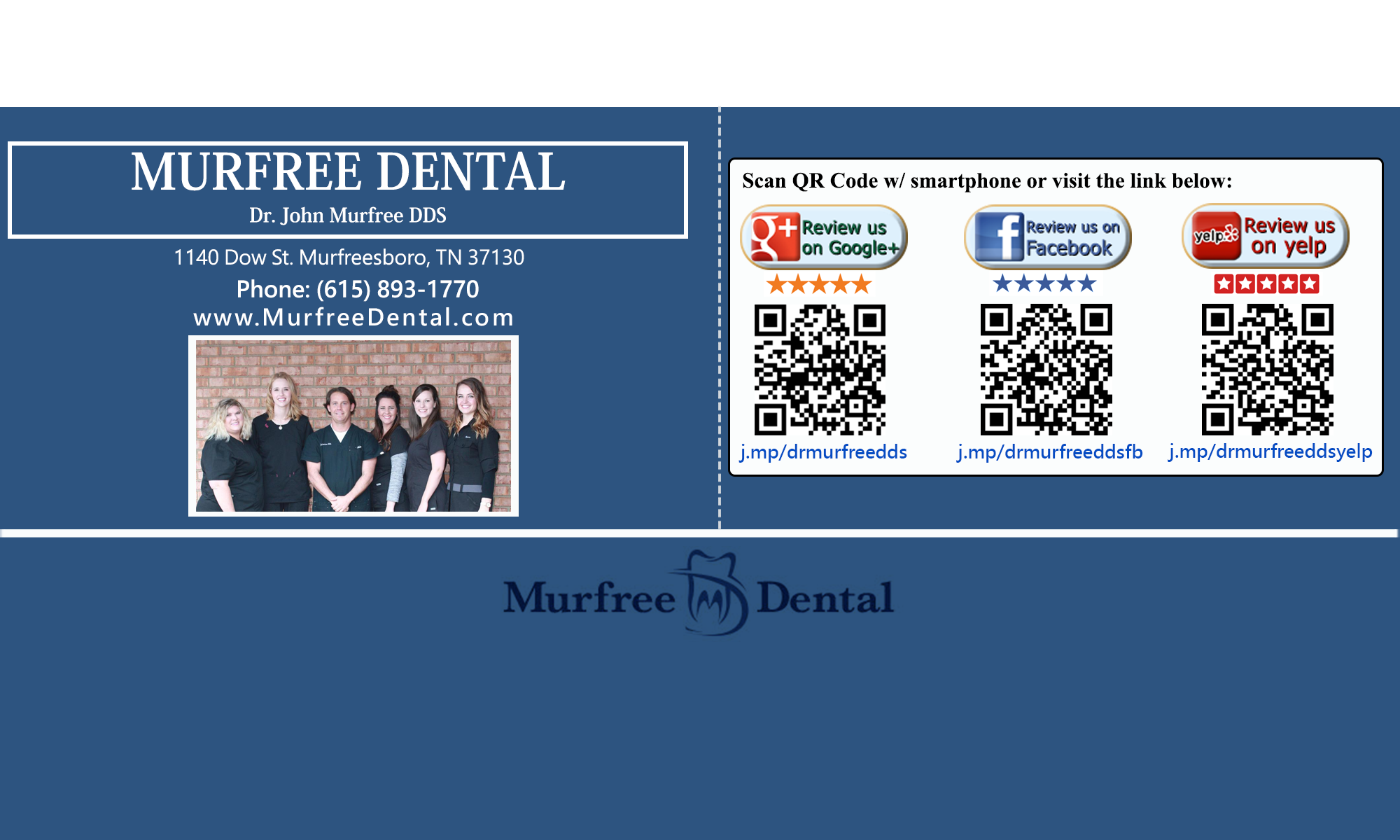People who are new to wearing dentures naturally have many questions about how their life will change.
New dentures may feel awkward for a few weeks until you become accustomed to them. The dentures may feel loose while the muscles of your cheek and tongue learn to keep them in place.
During this time, its not unusual to experience minor irritation or soreness. You may find that saliva flow temporarily increases.
As your mouth becomes accustomed to the dentures, these problems should diminish.
Dentures can be made to closely resemble your natural teeth so that little change in appearance will be noticeable. Dentures may even improve the look of your smile and help fill out the appearance of your face and profile.
Eating will take a little practice. Start with soft foods cut into small pieces. Chew slowly using both sides of your mouth at the same time to prevent the dentures from tipping. As you become accustomed to chewing, add other foods until you return to your normal diet.
Continue to chew food using both sides of the mouth at the same time. Be cautious with hot or hard foods and sharp-edged bones or shells.
Initially you may also find that wearing dentures changes how you speak. Pronouncing certain words may require practice. Reading out loud and repeating troublesome words will help. If your dentures “click” while you’re talking, speak more slowly.
You may find that your dentures occasionally slip when you laugh, cough or smile.
After your dentures are fitted, youll have a few follow-up appointments with your dentist to take care of any initial issues and to answer any questions you have.
